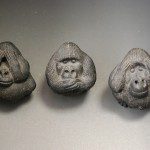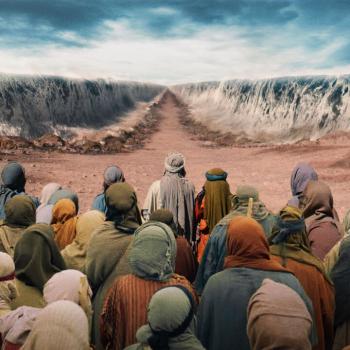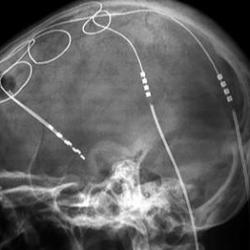Science seeks after objectivity. However, certain cultural predispositions and fragmentation fight against this goal.
Political, racial and religious divisions often shape approaches to scientific matters in various ways. One interesting historical example regarding politics and religious concerns Thomas Hobbes and Robert Boyles’ competing approaches to the natural world based on political upheaval in their cultural context. Against the backdrop of the wars of religion in Europe, Hobbes was concerned that empirical experimentation would lead to anarchy in society given his fear that individuals would operate according to their own devices and whims. Hobbes favored deduction, which for him was in keeping with political absolutism. In contrast, Boyle believed experimentation was egalitarian and would guard against political unrest, as individuals would all be involved in democratic processes.
Another historical example draws attention to politics, religion, and race. In a recent blog post, I reflected upon the new television series on Einstein titled Genius. The series situates him in his cultural and political context. There I wrote:
science was being used for political and racial ends in Einstein’s context. While Einstein did not appear to approach scientific considerations with a political or religious agenda, others approached science in a politically and racially charged way. The National Socialists and their premiere physicist, Philipp Lenard (“Chief of Aryan Physics”), struggled greatly with Einstein’s theories—and his Jewishness. They spoke of “Jewish physics” and “Jewish science”.
Einstein eventually fled to the United States because of the Nazi menace and its disgust for his ethnic heritage and his scientific claims. In view of Einstein’s situation, it is worth pondering how often do political, religious and racial considerations impact science today, including on matters pertaining to immigration?
From the vantage point of Warren Buffet, it was a good thing for America that we did not refuse Einstein entrance into the United States, when he fled Nazi Germany. Earlier this year, Buffet reflected upon where would we be as Americans if it had not been for Einstein and Leo Szilard who warned President Roosevelt about the possibility of Germany developing an atomic bomb. Germany’s racialized loss of Einstein was America’s gain. It is important to note that Einstein was not directly involved with developing nuclear weapons. In fact, he later regretted encouraging the United States to research nuclear technology (because of the German threat) given the U.S.’s use of atomic weapons in the war with Japan. Even so, for all the talk today about fears over immigrants, immigrants have played key roles in national security in the past.
This leads me to ask: where will the United States be in the future if we close the door to immigrants today? Will it impact us as a world leader in scientific exploration? Political, religious and ethnic biases on immigration may impact the scientific enterprise negatively. Now whether or not one can make a sufficient case for religious and ethnic biases impacting immigration reform presently, the politics behind immigration reform does impact science. According to an article in The Atlantic, President Trump’s stance on immigration is harming science. Where would we be without immigrants, when according to Forbes, 83% of America’s top science students in high school are children of immigrants?
Political, ethnic and religious divisions will continue to fight against scientific objectivity. However, confirmation biases, as well as our own sense that we operate objectively while those of other subcultures proceed according to distorted presuppositions, impact negatively scientific pursuits. Take for example this study by the Pew Research Center: “highly religious Americans are less likely than others to see conflict between faith and science.” The same study claims, “People’s sense that there generally is a conflict between religion and science seems to have less to do with their own religious beliefs than it does with their perceptions of other people’s belief.”
We need to be honest with ourselves and one another and seek to place all our presuppositions on the table, as well as be aware of how often we all operate according to confirmation biases. If we don’t become more humble and civil in our exchanges on science, religion, ethnicity and politics, anarchy might result, and we will be thrown back on Hobbes’ solution: only political absolutism will bring peace, albeit the hard way. Given the current political terrain, we might already be on our way.

















